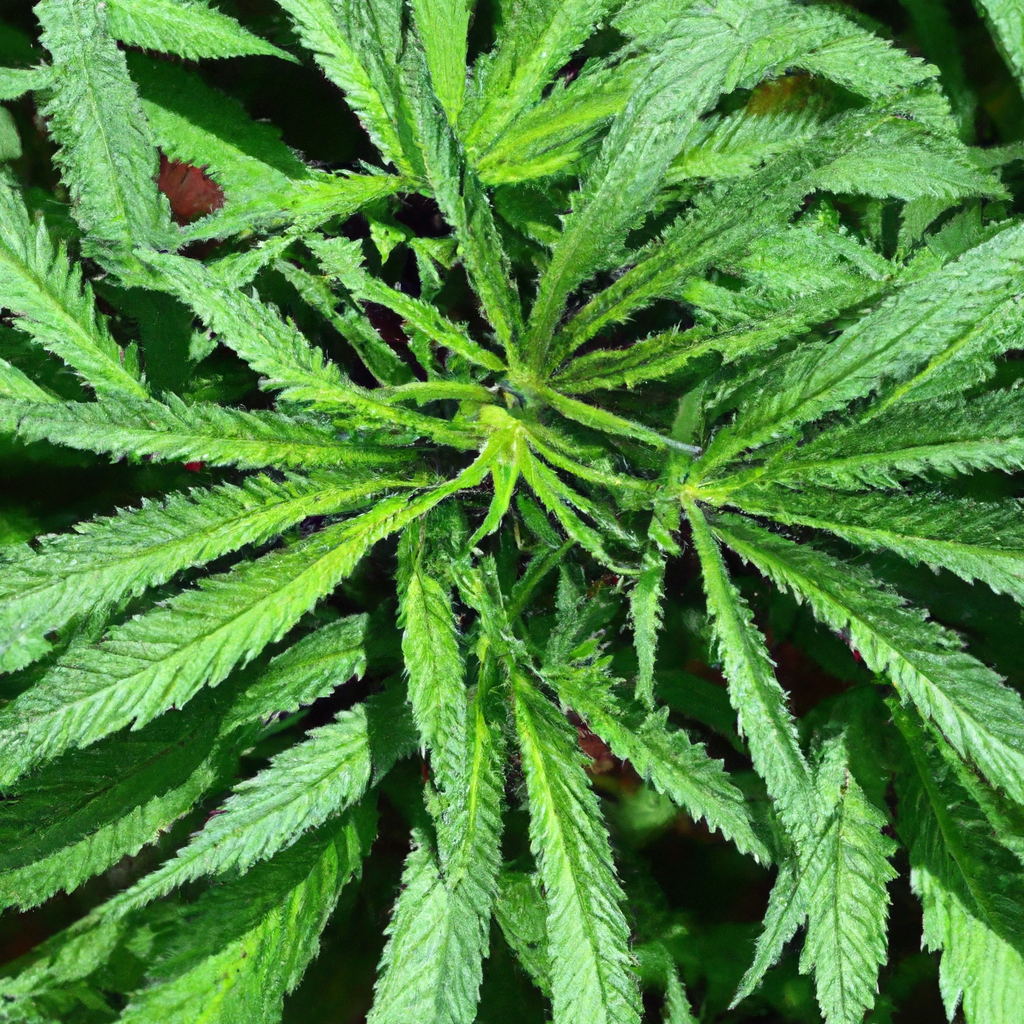Your cart is currently empty!
Organic cannabis cultivation is more than just a growing trend; it’s a commitment to sustainability and healthier yields for both the environment and consumers. This guide explores the best practices for cultivating cannabis organically, including the use of natural fertilizers, composting, and pest control. Discover how to build a thriving soil ecosystem and promote sustainability in your growing operations.
Understanding Organic Fertilizers
One of the essential elements of organic growing is the use of natural fertilizers. These are derived from plant, animal, or mineral sources and release nutrients slowly, promoting a balanced ecosystem.
- Compost: Compost is rich in nutrients and helps improve soil structure, providing a steady supply of resources for cannabis plants.
- Animal Manure: Well-aged manure from chickens, cows, or horses is an excellent source of nitrogen, phosphorous, and potassium.
- Rock Phosphate and Greensand: These mineral fertilizers add phosphorus and potassium and are slowly released into the soil.
Composting: Nature’s Recycling
Composting is a sustainable practice that naturally improves soil health. By composting your garden waste and organic kitchen scraps, you create a rich, nutrient-dense soil amendment.
- Select the right composting method: Choose between traditional composting bins, vermicomposting (worm composting), or bokashi fermentation for effective results.
- Layer materials: Alternate layers of green (nitrogen-rich) and brown (carbon-rich) materials to maintain balance.
- Turn regularly: Aerate the compost heap to promote decomposition and reduce odors.
Natural Pest Control Methods
Effective pest control is crucial for maintaining plant health. Organic methods focus on prevention and natural eradication without the use of synthetic chemicals.
- Companion Planting: Use plants like marigolds and basil to repel certain pests naturally.
- Beneficial Insects: Introduce insects such as ladybugs and predatory mites that feed on harmful pests.
- Neem Oil: A natural pesticide that can deter pests like aphids and spider mites without damaging the plant.
Building a Healthy Soil Ecosystem
Healthy soil is the foundation of successful organic cannabis cultivation. Here’s how to nurture your soil for robust plant growth:
- Soil Testing: Regularly test soil pH and nutrient levels to understand and balance its composition.
- Use Cover Crops: Plant cover crops such as clover to fix nitrogen and prevent soil erosion.
- Maintain Soil Structure: Avoid over-tilling and compaction to protect soil microbes and improve aeration.
Conclusion
Organic cannabis cultivation not only benefits the environment but also results in high-quality cannabis for consumers. By integrating natural fertilizers, composting, and sustainable pest control methods, growers can create a productive and eco-friendly operation. Adopting these best practices leads to a healthier yield and a greener planet.
Tags: Organic, Sustainability, NaturalCultivation, PestControl, Compost
Discover more from Magic Clones
Subscribe to get the latest posts sent to your email.


Leave a Reply